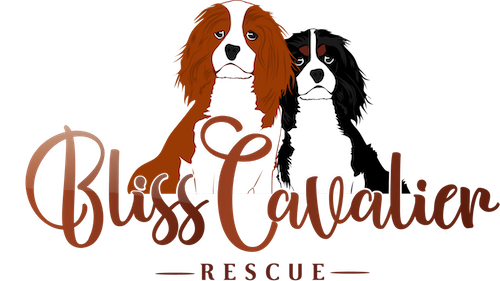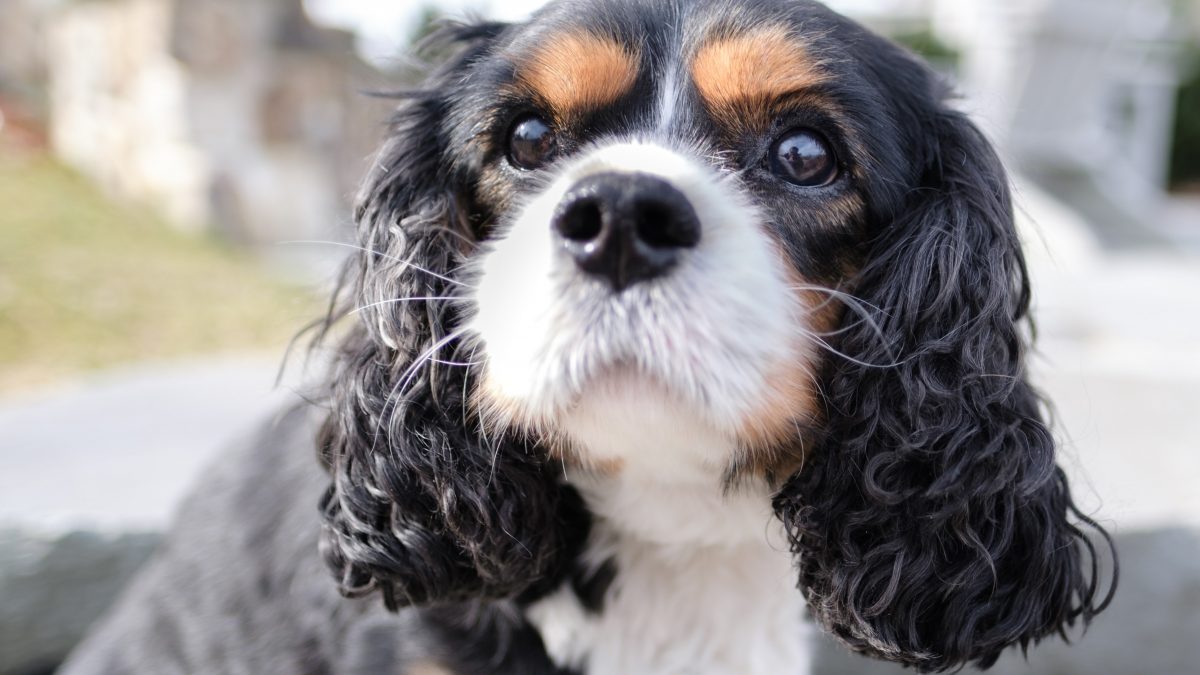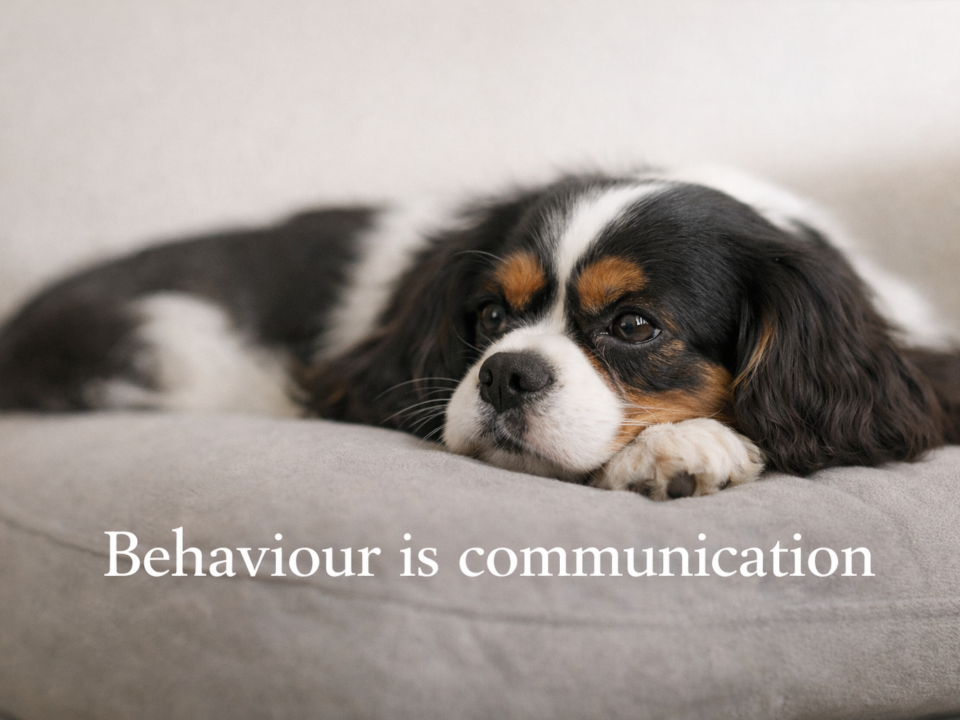Desperate to adopt? The reality of the Cavaliers in rescue

Bruno needs your help
15 June 2021
Taking care of your Cavalier when there are fireworks
5 November 2021We have had a lot of adoption enquiries recently, well really since the pandemic began. The number has lessened but rises around the end of each month coinciding with pay day. The vast majority of enquires are from members of the public wanting young, healthy Cavaliers. We rarely have young, healthy Cavaliers in rescue.
Due to the substantial rise in the cost of purchasing a Cavalier puppy/younger dog we believe that many are being sold on rather than being relinquished into rescue centres. Breeders are hanging on to their dogs so that they can produce extra litters. Most UK rescues currently have less dogs than before the pandemic and have many less dogs available than there are adoption enquiries.
We have also noticed rescue centres, including ours, being berated on social media as they do not have a rescue dog available for them to adopt. Some are even blaming rescue centres for being pushed into buying a puppy from an abhorrent breeder.
This is wholly unfair.
Cavaliers in rescue currently
We have posted a few times already about the type of Cavaliers that have been surrendered into rescue since the start of the pandemic. Generally speaking, they are older dogs with multiple, complex health problems and/or serious behavioural problems. When we post their biographies to make them available for adoption we rarely receive a single suitable application because they are a lot to take on.
If we do have a younger dog available for adoption that doesn’t have known health problems, then we can receive 200 applications. Clearly that leaves 199 unsuccessful applicants. Is it fair to blame the rescue centres for this?
Expectations of late seem to be that taking on a rescue dog will be the same as the experience had with a previous dog that was purchased as a puppy. This simply is not the case. Many of the rescue dogs are emotionally damaged or have come from breeders so need to learn the most basic things such as living in a home rather than a kennel. Some will need further toilet training, to attend training classes and can take a long time to settle into the forever home. Some dogs may always have toilet accidents indoors or can take many months to grasp it. Our foster carers do all they can to help the transition but the move on to the dogs forever home can be unsettling for them and it can take many months for a dog to feel safe.
A few examples of the dogs we have in rescue currently-
- Male age 12- Grade 6 heart murmur, Syringomyelia, Seizures
- Female age 7- Aggressive towards other dogs and people.
- Male age 8- Grade 4 heart murmur, severe Syringomyelia, dry eye, allergies, hip dysplasia
- Female age 8- Grade 3 heart murmur, Chiari Malformation with pain
- Male age 12- Ongoing chronic pancreatitis, urinary tract infections, Syringomyelia.
- Male age 7- Grade 3 heart murmur, obese, ruptured cruciate, severe arthritis in knees and hips, Chiari Malformation with pain.
- Female age 6- Polyps in both ears, having ear canal ablation surgeries.
These are just a few examples of the dogs that we have with us in rescue, none of these are unusual cases for us. We are unlikely to receive many (if any) applications for these dogs.
Adopting when you have young children
There is an assumption made that rescue centres do not like young children, that is very much untrue. We love children and for that reason we want to keep them safe.
Most of the dogs that come into rescue haven’t lived with children before or have displayed aggression towards them, that being the reason that they are in rescue. Some we don’t have a full history for. Many (up to 70%) have neurological conditions such as Chiari Malformation and Syringomyelia, these dogs have dreadful headaches so cannot tolerate loud noises or being touched or grabbed suddenly.
For these reasons it would be so wrong of us to risk the safety of a young child with one of our rescue dogs. It would also risk the life of the dog, if they were to bite a child then they could be euthanised.
If we state on a biography that a dog cannot be rehomed with children or visiting children there is a very good reason for this.
Home workers and dogs being left alone
During the pandemic many people have indeed been working from home. This however could change in the near future. Some companies have given their employees reassurance that they will remain at home for work and will have issued an updated contract. We do ask to see proof of this from the employer to ensure home working is long term.
There has been research completed proving that dogs should not be left alone for more than 4 hours. The research proved that dogs became very stressed being left any longer than this amount of time. For this reason we do not allow adopters to rehome a dog from us if the dogs are being left more than a couple of hours a day. Some of our dogs suffer with separation anxiety and really could not cope with being left for long periods, they would become frantic which could then in turn lead to stress for the dog and also complaints from neighbours.
Let’s talk puppies
We rarely have puppies in rescue, the ones we do have are sick. They have usually been surrendered due to an expensive health problem that an owner cannot afford to diagnose or treat, or from a breeder that doesn’t want to deal with the issue themselves.
If you are wanting to buy a puppy there really is nothing wrong with that at all, adoption really isn’t suitable for everyone. Puppies that you have from when they leave the breeder are very different to dogs that are in a rescue centre. You can carry out training, they can get used to children in your home from a young age and will settle into your routine fairly easily if you put the time in. Of course, puppies are hard work, they cannot be left for more than a couple of hours a day and need toilet training. They also ideally should attend puppy classes so that they are well socialised. You can also purchase a great lifetime insurance policy, your puppy shouldn’t have pre-existing health problems so everything will be covered.
The main issue currently is that the vast number of Cavalier puppies are being bred without health or temperament in mind. They are also a lot more expensive than they were pre-Covid and currently prices are in excess of £2,000. Due to this many members of the public that would have purchased from a breeder now cannot due to the rise in cost of purchase.
Does spending more mean you will get a well-bred, health tested puppy? No it does not.
Does buying a Kennel Club registered puppy mean the breeder is health testing? No it does not.
As a buyer you must do your homework, if you don’t you could end up with a very sick puppy with some pretty serious health conditions as they get older also. Your breeder may well never answer the phone to you ever again and will run for the hills with your substantial purchase cost. The decent breeders that are health testing actually haven’t increased their prices, you will have to wait for a puppy and do a lot of leg work to seek them out.
There is a great deal of helpful information regarding purchasing Cavalier puppies on the Cavalier Matters website.
Further very useful information on the Dog Breeding Reform Group.
We won’t always have a suitable dog for you
Ultimately we are not a ‘dog finding service’. We don’t have copious numbers of young, healthy dogs hidden away. We do our absolute best with the dogs that come into rescue and all of our time is needed to rehabilitate them and ensure they have the best life possible.
We cannot contact every applicant individually- we are all volunteers and our time is precious. We are sorry that not everyone will be successful.
To see members of the public posting on social media blaming UK rescue centres for buying sick puppies, importing aggressive/non- assessed dogs from abroad or not being able to have a dog is frankly saddening. We put everything into caring for the dogs and they are our absolute priority.




